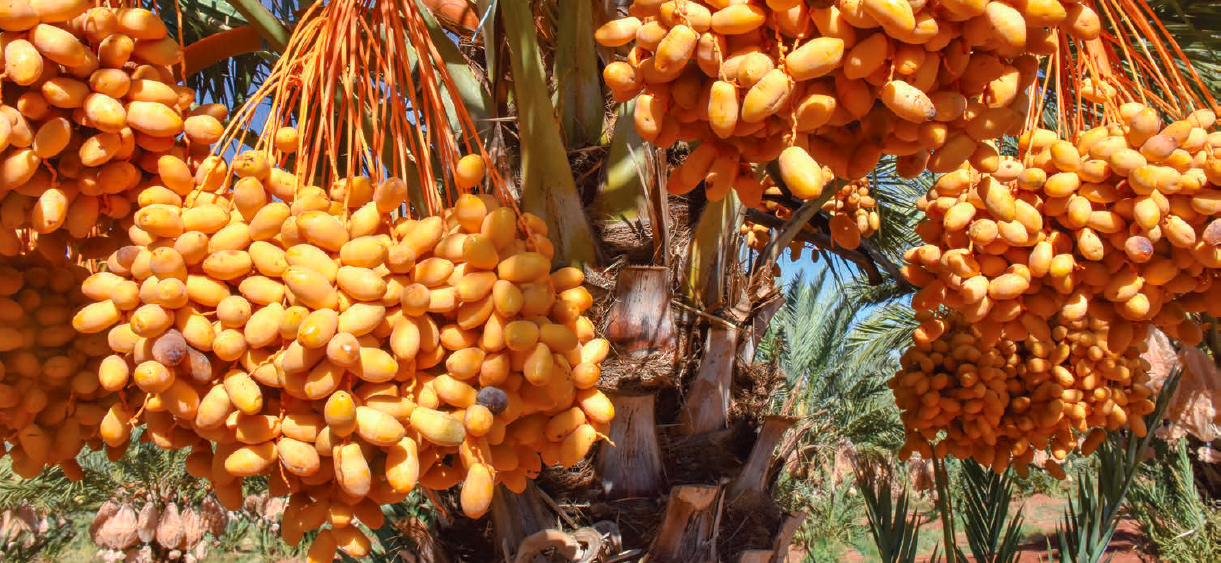Date farming family still blazing trails after 25 years
WHILE this time of year is well-known for being the start of the citrus harvest in the Riverland, a family of local organic date growers are getting ready for a busy picking season of their own. The Gurra Downs Date Company, based in Gurra Gurr...






